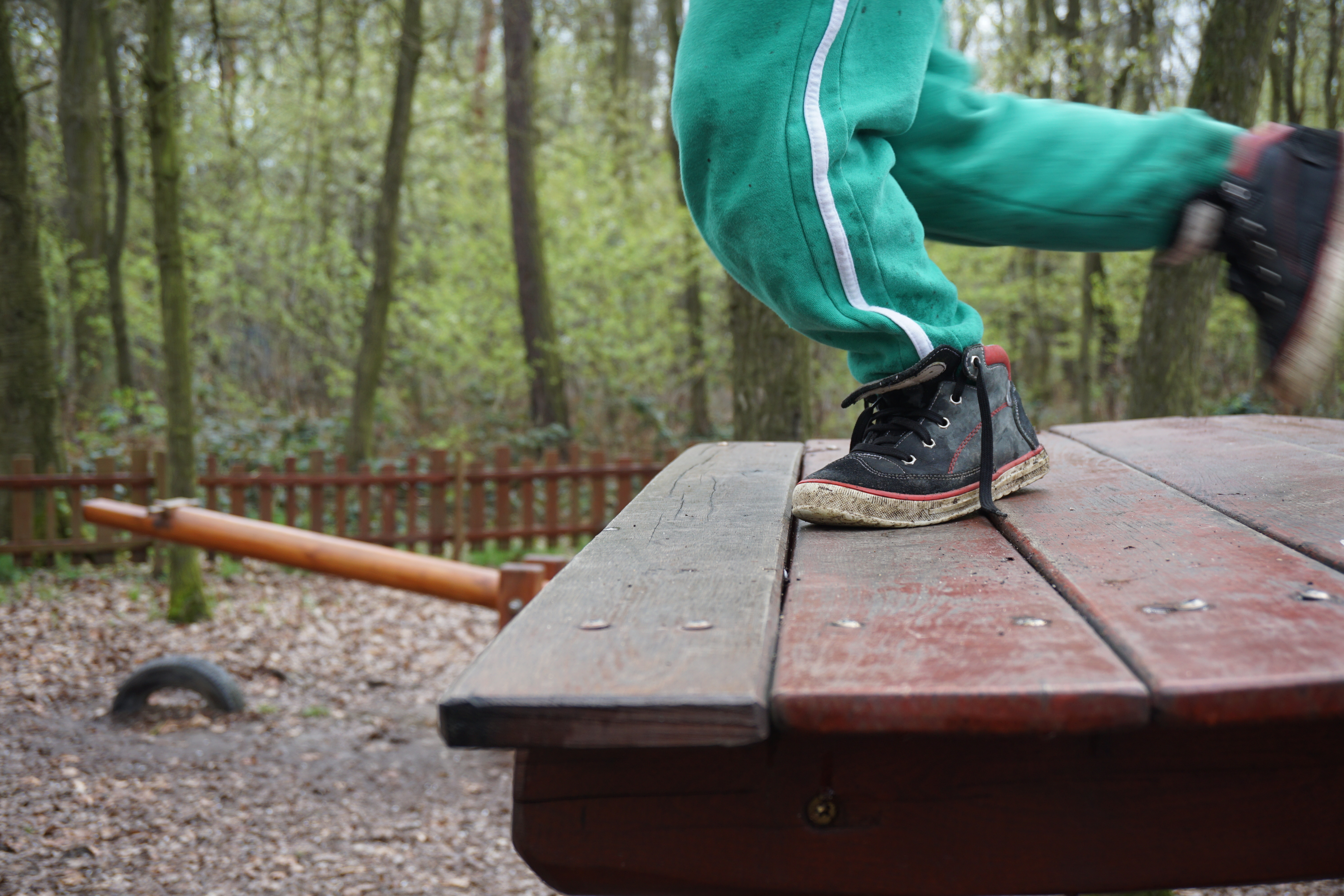There seems to be a common misunderstanding among many school employees that anything that they bring to school can, and will, be covered by the school’s insurance policy. This includes their vehicles, text books, mobile telephones, teaching aids and a wide assortment of other personal items.
Unfortunately, and more often than not, this is not the case. Generally, only school property is covered by the school’s insurance policy, unless there are separate insurance policies, formal requests for staff to bring items of a personal nature to school or a clause in an enterprise agreement. Staff property (of any type) would not generally be covered by the school’s standard insurance policy. Volunteers, and a school's insurance obligations towards them, are a separate topic and not addressed in this article.
I have seen many a disagreement between a disgruntled employee and a school administrator regarding who is liable for a loss or damage to personal property suffered by a school employee. These disagreements are problematic in that they usually take time to resolve, can take place in a public venue (such as a carpark), often result in frayed tempers and, above all, cause feelings of ill will between employees and employers. However, the employers generally should stand their ground or risk falling foul of their insurers.
This being said, there are also many schools that take out specific insurance policies for their staff. One of the more common is for travel to and from work. This type of insurance cover is sometimes offered by unions as a component of their membership benefits. However, some schools also offer the same type of service for their staff either as a user pays system or as part of an existing enterprise agreement. In addition, all schools have some form of public liability insurance which usually covers the school and it's employees for:
- bodily injury to third parties (people who are not employees or volunteers e.g. visitors);
- damage to or destruction of other people’s property (e.g. equipment loaned by parents on school grounds); and
- physical injury or damage to third parties caused through student negligence during work experience or structured workplace learning.
Anecdotally, motor vehicle damage is unfortunately one of the most common forms of staff claims against schools. It is common for schools to allow staff to drive onto or park their cars in the school grounds; however, it would be advisable for schools to advise staff that the school:
- makes vehicle parking spaces available only as a ‘concession’;
- does not make a charge for such spaces (be wary of Fringe Benefits Tax (FBT) issues); and
- does not undertake to safeguard any staff vehicles whilst in transit or parked on the school property.
Consequently, staff should know that employee vehicles driven onto or parked in the school grounds are parked at the owners own risk and any damage caused by or to an employee’s vehicle whilst parked or driven on the school premises (or even on school business) is a matter for the vehicle owners own personal insurance.
Some government authorities, such as the NSW Department of Education and Communities, provide specific advice for staff in government schools. However, this is not necessarily the case for non-government schools. In most cases, staff who park their vehicle in the school car-park or drive it onto campus or use it for any school event would be required to access their own insurance in the event of any damage to their vehicle, unless they can prove that the damage was caused specifically by the school.
The NSW document also goes on to point out that if employees suffer loss or damage to personal property whilst at work, in general, liability would not be accepted for loss or damage to their personal effects which may be used (or stored) on department premises except in specific circumstances. The document notes that ‘staff should consider insuring personal property against loss or damage, particularly if it is of significant value’.
The document also lists a number of circumstances where any claims for loss of or damage to staff property at work may be met by the NSW Treasury Managed Fund. These circumstances include:
- items solely used for teaching and learning or a work specific task that had been pre-approved to be used/kept at the school by the direct line manager (with authority to make such an approval);
- items not of a personal nature- such as wallets, mobile phones and sunglasses;
- a maximum claim of $1000, regardless of the number of or of value of the items in question;
- the employee not contributing to the loss or damage- eg. Leaving a handbag in an unlocked classroom;
- that the loss or damage is not claimable under workers’ compensation coverage;
- the loss or damage is not claimable through an insurance policy held by the employee; and
- that satisfactory evidence of the ownership and value of the loss or damage is provided.
School security should allow for safe and secure storage of school and employee personal property both during school time and after hours. As a minimum, schools should advise their employees that motor vehicles and personal items including mobile telephones and wallets/handbags are the responsibility of each staff member.
They should be advised to ensure that personal items are covered by their own home and contents insurance and a list is taken of any personal property kept at the school and filed with their direct line manager. Any list such as this would need to be regularly updated.
Schools that do not have procedures and clear staff understandings of their own liability regarding their personal property should contemplate how best they will be able to deal with these situations that arise from time to time. And they will…


